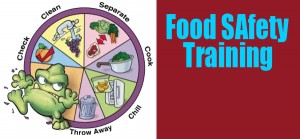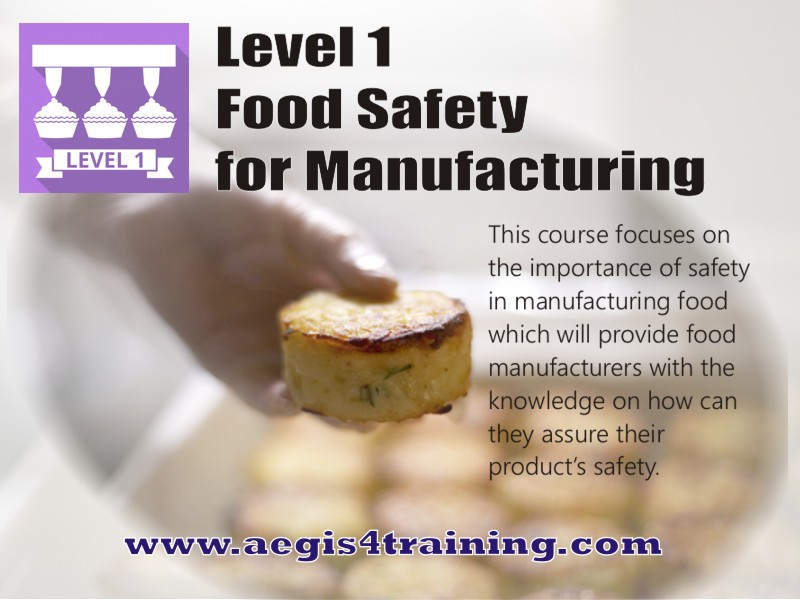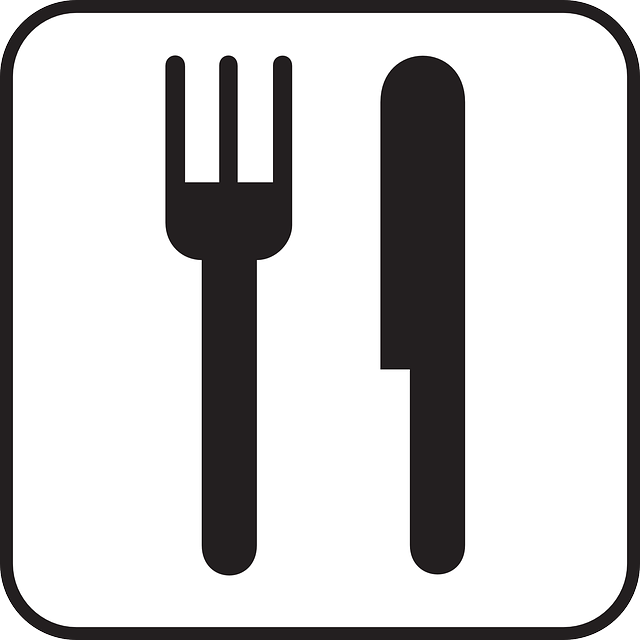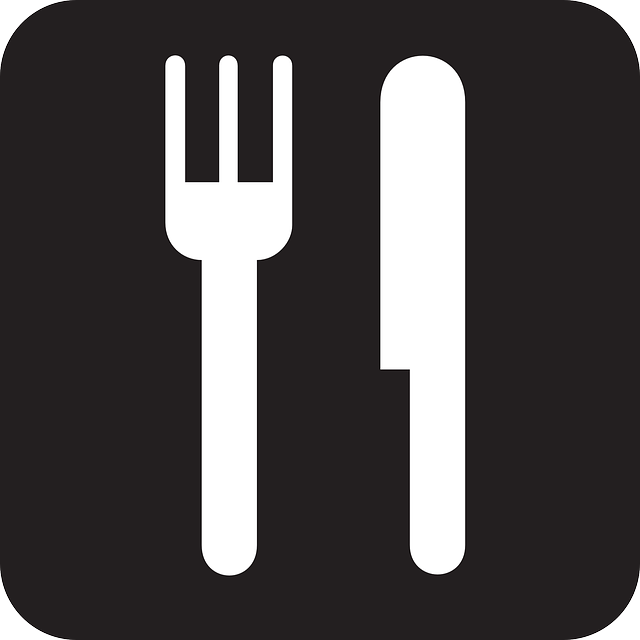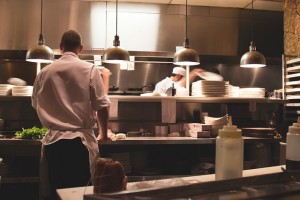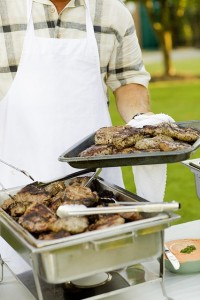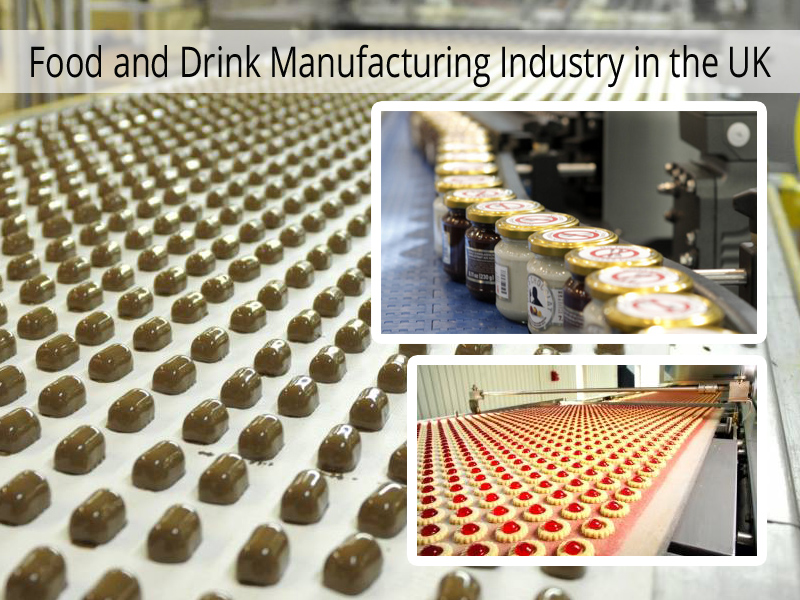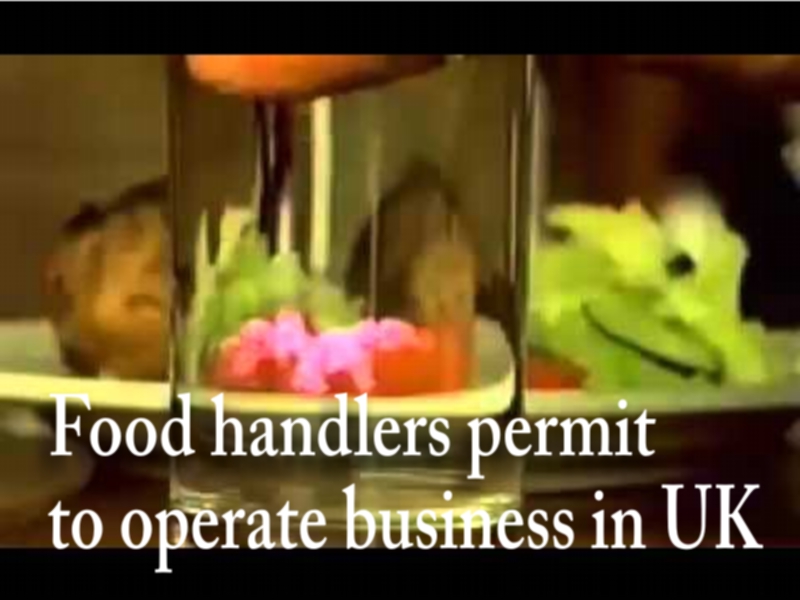
This applies to most types of food business, including catering businesses run from home, and mobile or temporary premises such as stalls and vans. Contact your local authority for information on how to get a permit to operate. If you use two or more premises, you will need a permit for all of them.
You might also need to register as self-employed and/or register for VAT. These registration processes are completely separate from registering your food premises.
If you want to make changes to your premises, remember that you should tell the environmental health service at your local authority and you might need planning permission.
You will need to pay business rates on most premises. Contact your local authority for information.
You will need a permit if you want to do the following things:
> sell or supply alcohol
> sell hot food and drinks
> provide entertainment, such as theatre, cinema or some live music performances
> sell food from a stall or van on the street
You should contact your authority for information on all of these Permit.
When you choose the premises for your business, it is very important to make sure that they:
> comply with the necessary regulations
> are suitable for the purpose of your business
> allow you to prepare food safely
You must keep your premises clean and maintained in good repair and condition. Your premises must allow you to follow good food hygiene practices, including protection against contamination and, in particular, pest control.
The following rules apply to your whole premises, not just the areas used for preparing food.
Handwash tubs and rest room – You must have enough washbasins for staff to wash their hands, with hot and cold running water, and materials for cleaning hands and drying them hygienically.
Separate tubs must be provided, for washing food and cleaning equipment.
There must also be enough toilets and these must not lead directly into food areas.
Changing room – You must provide adequate rooms for staff to change their clothes. Other requirements Your premises must also have adequate ventilation, lighting and drainage.
Kitchen area – The following rules apply to rooms where food is prepared.
Floors and walls must be maintained in a ‘sound condition’. They must be easy to clean and, where necessary, to disinfect.
Ceilings must be constructed and finished in a way that prevents dirt from building up and reduces condensation, mould and shedding of particles.
Windows and any other openings must be constructed in a way that prevents dirt from building up. Windows and any other openings (such as doors) that can be opened to the outside must be fitted, where necessary, with insect-proof screens that can be easily removed for cleaning.
Doors must be easy to clean and, where necessary, to disinfect.
Surfaces (including surfaces of equipment) in areas where food is handled, particularly those that are touched by food, must be maintained in a sound condition and be easy to clean and, where necessary, to disinfect.
Your premises must have adequate facilities, where necessary, for cleaning, disinfecting and storing utensils and equipment. The facilities must have an adequate supply of hot and cold water.
Facilities for washing food You must have adequate facilities, where necessary, for washing food. Every sink (or other facilities) for washing food must have an adequate supply of hot and/or cold water. The water must be drinking quality. These facilities must be kept clean and, where necessary, disinfected.
All items, fittings and equipment that food touches must be:
> kept in good order, repair and condition in a way that enables them to be kept clean and, where necessary, to be disinfected
> cleaned effectively and, where necessary, disinfected frequently enough to avoid any risk of contamination
You must remove food waste and other rubbish from rooms containing food as quickly as possible, to avoid it building up.
You must work in a way that protects the health and safety of your employees and other people who might be affected by what you do. If you have five or more employees, you must have a written health and safety policy, which describes your health and safety arrangements.
You must carry out a fire risk assessment at your premises and take fire safety precautions to help protect you, your staff and customers. The type of precautions you must have will depend on a number of things, such as the size of your premises. For advice, contact your local fire authority.
Purchase our Food Safety Training


